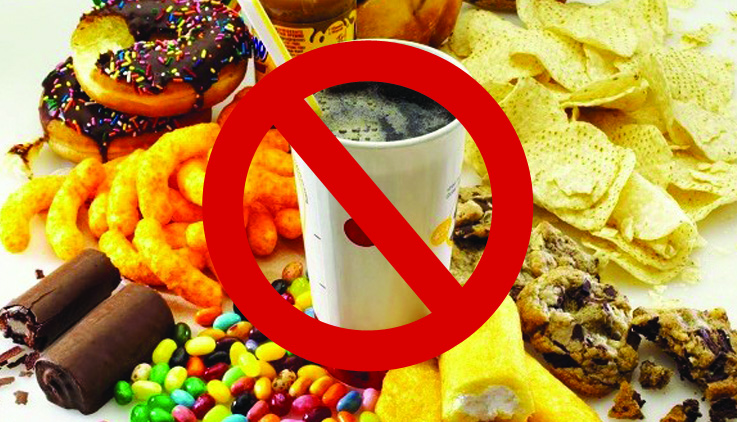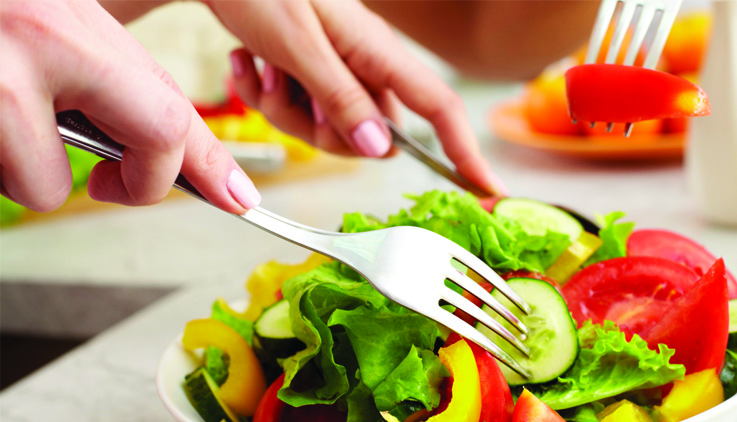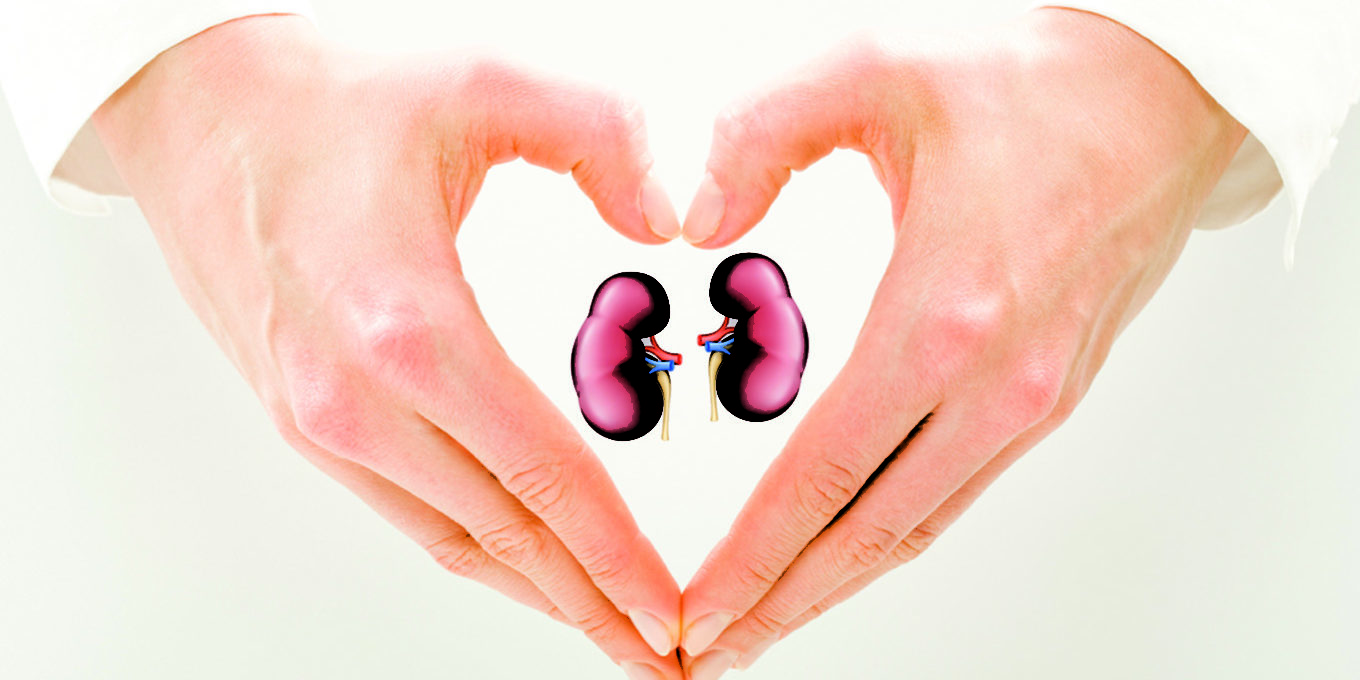The leading cause of the onset of kidney disease is diabetes, while the second cause is hypertension (high blood pressure). With a healthy diet and nutrition, these conditions can be controlled and kept at bay. One of the prime factors that keep people consuming unhealthy foods is unconscious buying. A lot of foods are hidden sources of sugar and sodium, an excess of which can cause impairment in your kidneys.
All in all, food choices that limit your intake of sugar, salt and sodium, and fat are your premise to a sustained and healthy lifestyle, and they are the best way for you ensure the optimal health of your kidneys. But apart from these basics, it helps to be aware of foods that promote this lifestyle and the ones that don’t.
FOODS TO AVOID:

Fried Foods:
Cut down on fried foods as they are high in cholesterol. For a healthier meal, you may also substitute frying with baking or broiling instead.
Processed Meats:
Processed meats are significantly high in sodium and also nitrates, which researchers have linked to cancer. Healthier options to choose from are fresh, lean cuts that are labelled as low in both sodium and nitrate.
Carbonated Drinks:
Carbonated drinks are packed with added sugars that may be natural or synthetic. The high calories in these drinks lead to an added weight gain. Studies have found sodas to have a link with conditions like kidney disease, metabolic syndrome, osteoporosis, and dental issues.
Frozen Food:
Processed foods are shown to contribute to the development of type 2 diabetes. Processed frozen foods like pizza, corndogs, and other items that only need to be tossed into the microwave generally contain hidden sugar, sodium, and fat. Avoid frozen meals altogether or opt for ones that have no added sodium, sugar, and additives.
Animal-derived Foods:
Animal-derived food products like butter, whole milk, and mayonnaise contain high amounts of animal fat (cholesterol), calories and saturated fats. Similarly, margarine, although made from vegetable oil, contains trans-fats so it may not be a better replacement. Instead, you can opt for canola or olive oil, and low-fat dairy milk or plant-based milk.
FOODS TO INCORPORATE:

If you’re not suffering from a kidney disease and are only looking to adopt foods that are healthy for your kidneys then include the foods below:
Water:
It may seem intuitive to drink a lot of water in order to keep your kidneys functioning healthily, but this is a common misconception. The National Kidney Foundation recommends that men consume 13 glasses of fluids daily, while women consume 9 glasses. This is inclusive of naturally healthy fluids like water, fruits and vegetables that contain water, and other fluids like low-fat milk.
Wholegrain Foods:
Incorporate foods like whole wheat, brown rice, oats and whole-grain corn in your everyday diet as they reduce the risk of chronic diseases and are the sources of a variety of nutrients like B vitamins, minerals, and fibre.
Fruits & Vegetables:
Ensure that your meal consists of more fruits and vegetables than meat, and in a wide variety. Fruits like strawberries, cranberries, apples, peaches, grapes, and watermelon are lower in potassium and particularly good for your kidneys. Similarly, vegetables like cabbage, cauliflower, red peppers, mushroom, garlic, and kale are foods that are really great in keeping your kidneys happy.
For those who suffer from kidney disease in its early stage, a DASH (Dietary Approaches to Stop Hypertension) diet may be recommended. Institutions like The National Kidney Foundation, The National Heart, Lung and Blood Institute, The American Heart Association, the Dietary Guidelines for Americans have recommended and approved this diet. It also forms the basis for the USDA MyPyramid. Those who have later stages of the disease are put on a very crucial and limited diet which is closely monitored by a healthcare provider.
Ultimately, in our current era of instant, fast and processed foods, a healthy diet is more so about eliminating unhealthy foods rather than incorporating healthy ones. With a little management, eating healthy can be a way of life, one that offers sustained living without the onset of serious illnesses and diseases. A healthy life indeed begins with your plate.

